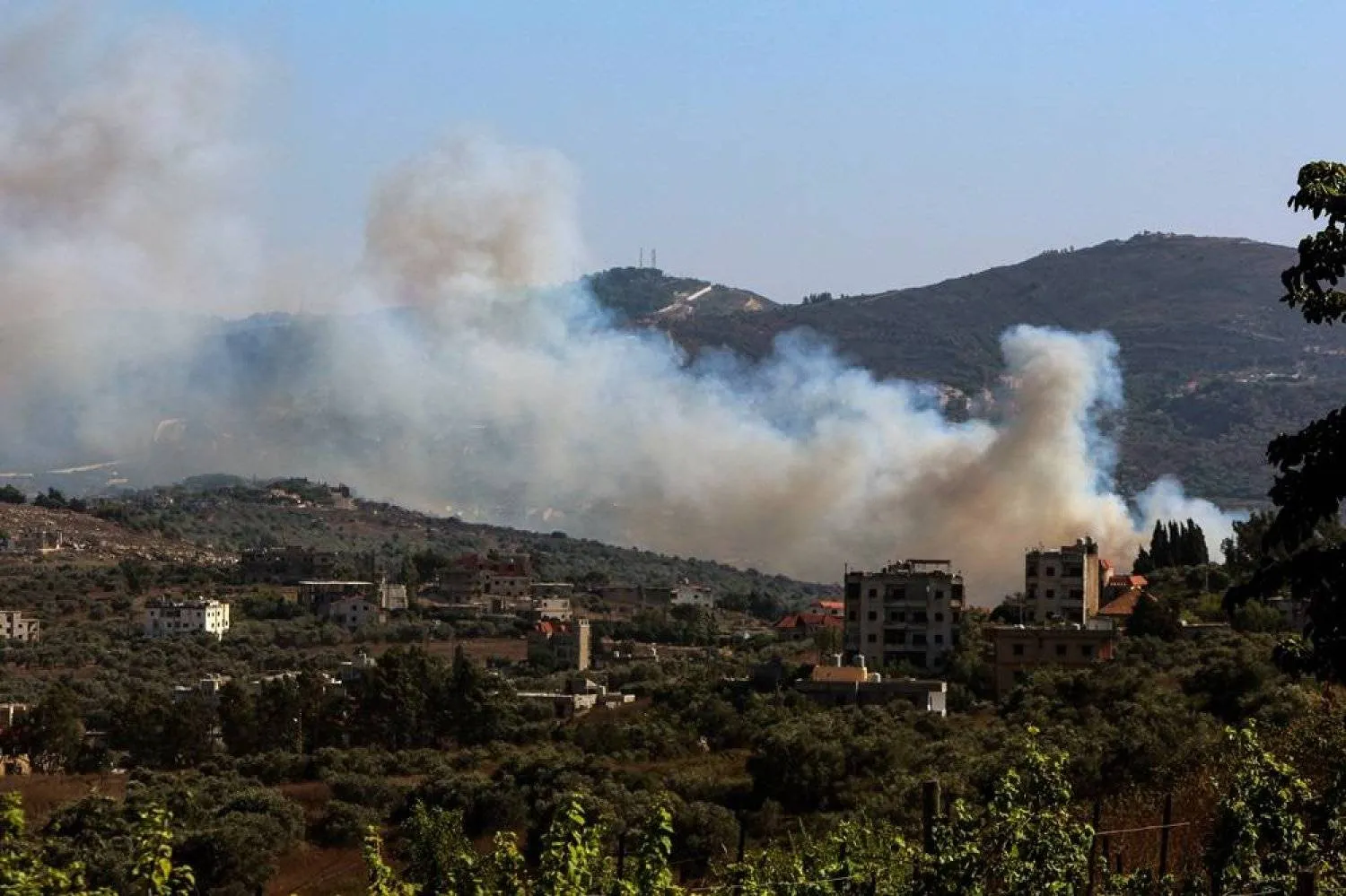Lebanon's Hezbollah movement said an Israeli air strike on Sunday killed two fighters from the Iran-backed group, with the health ministry reporting another death from an attack days ago.
Hezbollah has traded near-daily fire with Israel in support of its ally Hamas since the Palestinian militant group's October 7 attack on Israel triggered war in Gaza.
A strike on Beirut's southern suburbs late last month killed Hezbollah's top military commander, Fuad Shukr, just hours before the assassination, blamed on Israel, of Hamas's political leader Ismail Haniyeh in Tehran.
The Lebanese health ministry said Sunday an "Israeli strike that targeted the village of Taybeh today left two dead."
Hezbollah confirmed they were group fighters, killed in Taybeh near the border with Israel, AFP reported.
The Israeli military said it had "struck throughout the day several Hezbollah military structures in the area of Adaisseh", which is next to Taybeh.
According to the health ministry, at least one Lebanese and 11 Syrians were wounded, two seriously, in an Israeli strike on Maaroub, near Derdghaiya.
Separately, the health ministry specified that a Lebanese man who had succumbed to injuries sustained in an Israeli strike "several days ago" on the southern village of Beit Lif was a Hezbollah fighter, not a civilian as earlier reported.
Hezbollah said overnight into Monday it launched salvos of rockets "in response" to the Israeli fire, targeting troops stationed in northern Israel.
"Approximately 30 projectiles were identified crossing from Lebanon toward the area of Kabri," the Israeli military said Monday, reporting no casualties and announcing retaliatory strikes.
The military on Sunday said its forces had "struck a Hezbollah terrorist cell in the area of Taybeh" as well as "a military structure in the area of Derdghaiya".
"Following the strike, secondary explosions were identified, indicating the presence of weapons inside the structure" in Derdghaiya, it added.
Hezbollah claimed several attacks against military positions in northern Israel on Sunday, including at least two using drones.
The cross-border violence since early October has killed at least 565 people in Lebanon, most of them fighters but also including at least 116 civilians, according to an AFP tally.
On the Israeli side, including in the annexed Golan Heights, 22 soldiers and 26 civilians have been killed, according to military figures.
Thousands have been displaced from both sides of the border due to the fighting









